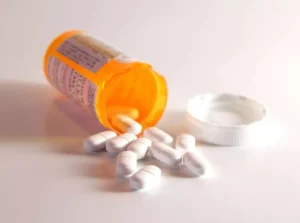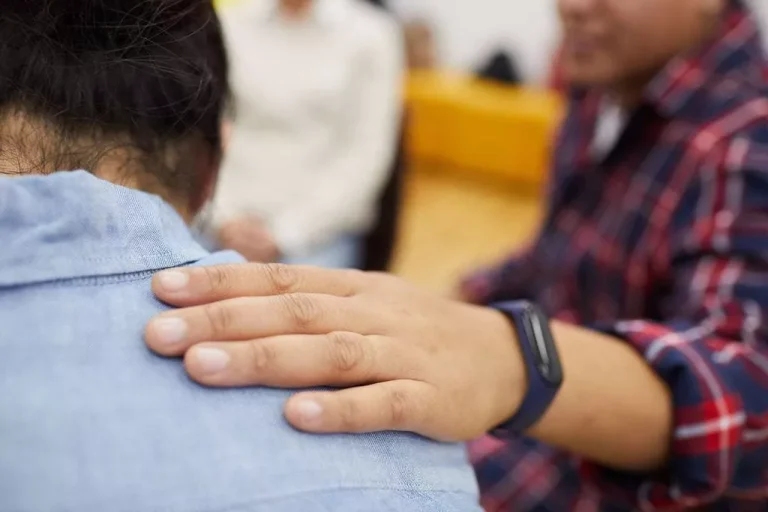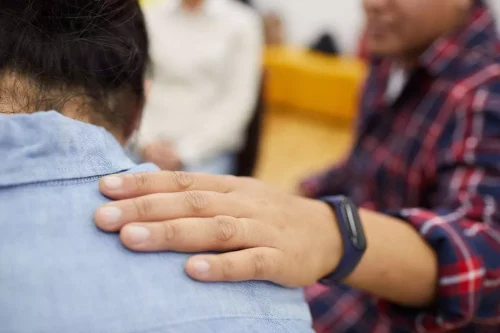The extract has a protein that curbs the inflammation you can get from drinking too much. Only a couple of studies have been done, which is far from proof that this hangover remedy works. But if you can find Korean pear juice at your local supermarket, it doesn’t hurt to try a glass before you https://ecosoberhouse.com/article/how-long-does-heroin-stay-in-your-system/ go out drinking. Withdrawal can progress over a period of several days as your body adjusts to the absence of alcohol. When a suspected hangover turns into a days-long ordeal, there’s a good chance it’s more than the result of just a little overindulgence.
Hangover Causes, Symptoms & Remedies
Drinking releases endorphins, your happy hormone, but the next morning you have lost those endorphins so you may feel less happy and low. It takes your brain about 24 hours to recover from this effect. If you drink heavily this feeling may accompany memory loss or lost time. Mild dehydration causes dry mouth and headaches, and you could also feel dizzy or very tired. So if you notice these symptoms, you know it’s time to get some H2O.
Here are other physical signs that could be additional red flags.
The researchers concluded that 25% to 30% of people who drink may be resistant to hangovers. Alcohol causes you to make more urine, which removes fluids from your body. That’s why you’re likely to wake up very thirsty after a night of too much drinking. It’s also why booze’s drying effect was long thought to be the main cause of hangover symptoms. You may have dry mouth, headache, dizziness, or nausea and be tired, shaky, thirsty, or sensitive to light and sound.
- Sleep is one of the best remedies for a hangover since it allows your body time to heal and recover from the effects of alcohol.
- Symptoms can also be worse after using cannabis edibles, rather than smoking weed.
How Do the Durations of Hangovers and Withdrawal Compare?
If you feel like you may have a drinking problem that is affecting your mental health, try to participate in a dry January or an abstinence period. You may experience withdrawal symptoms at first, but soon your overall health and mental health should improve. Scientists have found that a few supplements — red ginseng, Siberian ginseng, and Korean pear juice — can ease some symptoms. Extract of the fruit from Hovenia dulcis, a tree native to East Asia, also showed promise in a small study. And other research suggested that people who took extract of prickly pear cactus before drinking had less severe hangovers.
Symptoms of a hangover can be mild or serious, depending on how much and what you drank. You’ll feel the worst as your blood alcohol level goes back to normal. Hangover symptoms can linger for a day or sometimes longer. Have you ever over-indulged, drinking four or even more alcoholic beverages in a short period of time. And then got up the next morning with a headache, nausea, and generally feeling run down the next morning? These symptoms are all quite common after a night of over-consumption.
If you wake up exhausted after a night of drinking, taking more time to rest your body will help ease the discomfort. There are no instant hangover cures, but doctors recommend waiting at least 48 hours before drinking again to give your body time to recover. They recommend doing this for everyone, regardless of the presence of a hangover. But they’re often not based in science, and some can be dangerous. For example, drinking more alcohol (“hair of the dog”) won’t help a hangover. More alcohol just increases the toxicity of the alcohol already in your body.
It is important to know that comparing alcohol withdrawal vs hangover starts with understanding their duration, which pretty much helps manage expectations and enables appropriate care. Hangover typically begins within a few hours after intake and might last from 8 to 24 hours. Some of the biggest contributors include the amount of alcohol taken, hydration levels, sleep quality, and individual tolerance. The symptoms, such as headache, nausea, and fatigue, are usually at their worst when blood alcohol levels drop and the body processes the alcohol’s toxic byproducts. Hangovers result from the body’s responses to harmful byproducts of alcohol metabolism, dehydration, and the loss of essential vitamins and minerals. Hangover symptoms typically begin to decrease within just a few hours but sometimes last up to 24 hours.
What are some common symptoms of a hangover?
- Yes, hydration significantly impacts how long do hangovers last.
- Duration depends on drinking habits and pre-existing health conditions.
- If you experience frequent hangovers, it may be time to evaluate your drinking habits.
- Detoxification, or called detox, is usually the first step in alcohol rehabilitation.
When you drink alcohol, you feel happy, but what comes up must come down. Once the alcohol effects wear off the brain, it will go how long does a hangover last through a withdrawal phase. Common symptoms of a hangover include headaches, nausea, dizziness, fatigue, sensitivity to light or sound, mood disturbances, thirst, and cognitive impairment. Recognizing these symptoms can help individuals understand their condition better after excessive drinking. While green tea has a small amount of caffeine, you should avoid caffeine from coffee or energy drinks while recovering from a weed hangover.
How Long Do Hangovers Last? Essential Insights
Drinking on an empty stomach may cause nausea or vomiting, so stop immediately and inform the person you’re with how you’re feeling. Some people may have a hangover from just one alcoholic drink, while others can drink excessively and not get a hangover. Cleveland Clinic’s primary care providers offer lifelong medical care.
Start Getting Better Now
- BetterHelp offers affordable mental health care via phone, video, or live-chat.
- We also offer dual diagnosis across all our treatment programs.
- A different herb that goes by a similar name, Siberian ginseng extract, also improved hangover symptoms like headache, dizziness, and stomachache.
- 24 hours can feel like an eternity when you’re dealing with the symptoms.
- Hangover typically begins within a few hours after intake and might last from 8 to 24 hours.
Light-colored alcohols, such as vodka or white wine, have fewer congeners (hangover-causing toxins). Alcohol is absorbed more slowly when food is in the stomach before you start drinking. Without food in your stomach, most of the alcohol finds its way into your blood quickly. Do you feel like a hangover lasts a lot longer now that you’re older? You might not Alcohol Use Disorder have been affected when you were a teenager, but as you get older that changes.





